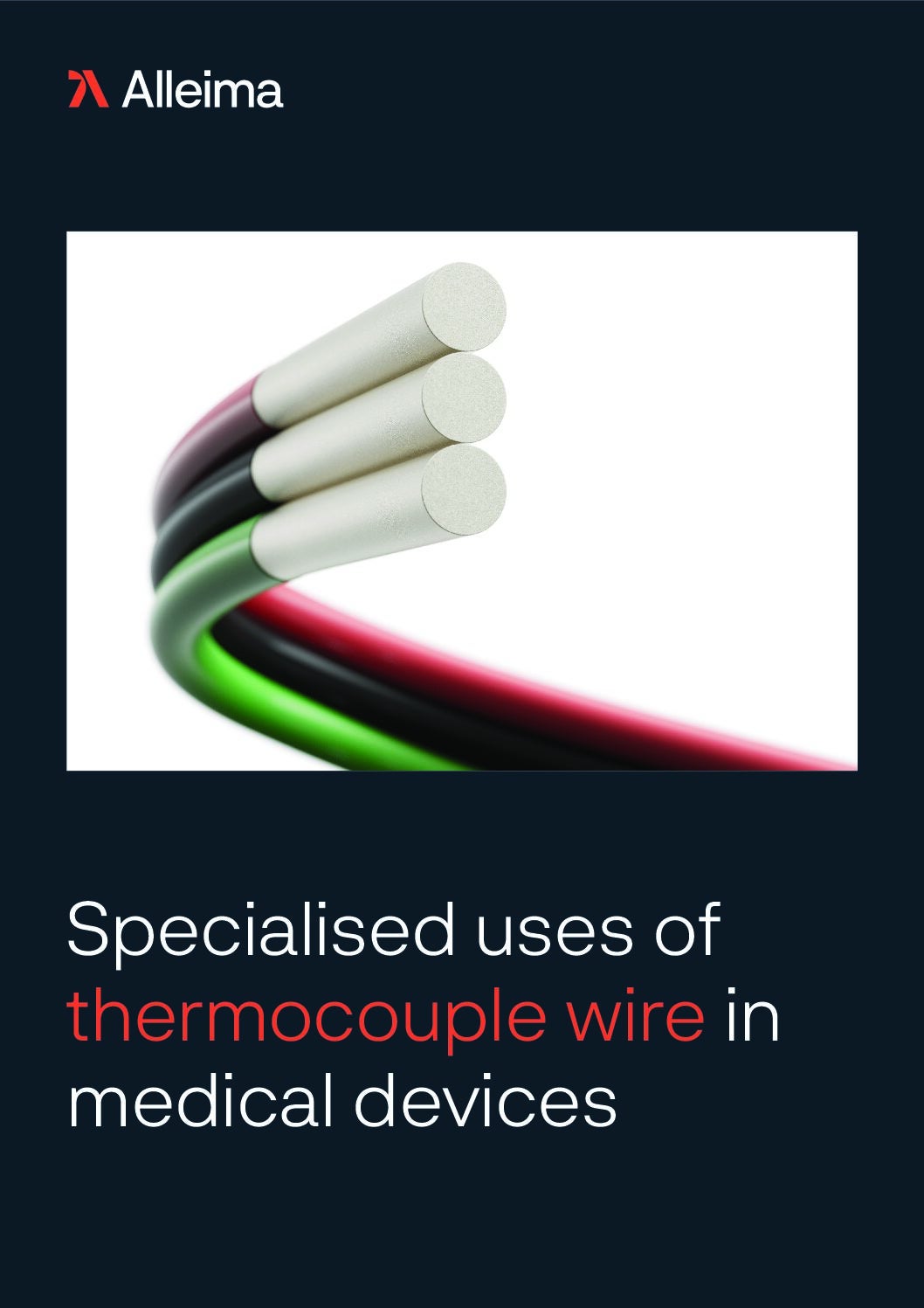
Endosmart took shape 20 years ago after CEO and founder Bernd Vogel researched nitinol as part of his final thesis as a mechanical engineer. Tasked with designing a hingeless version of a steerable endoscope, Vogel discovered the benefits that this shape-memory alloy had to offer the medical technology industry.
Soon, the demand for samples from medical device companies grew, and Endosmart was born.
Experts in nitinol
Nitinol is an alloy renowned for unique properties, namely shape memory, biocompatibility, and super elasticity. Endosmart’s product offerings include surgical instruments and components, such as kidney stone retrieval baskets, snares, and breast cancer tumour markers. The company primarily operates in urology, oncology, and cardiology fields, as well as instruments for orthopaedic and vascular applications.
Endosmart stands out from the competition with its development capabilities, its patenting landscape so that customers can be assured that their designs are safe, and its extensive expertise with nitinol. Besides that Endosmart’s team of engineers have in-depth medical knowledge and an understanding of what surgeons need which enables Endosmart to translate the surgeon’s requirements into the development phase of new medical devices.
Endosmart’s and Alleima’s common view on life-changing innovations
Endosmart is a partner from start to finish, providing everything that is needed from the design stage through to final production, a one-stop-shop.
“Over the past five to seven years, we have seen a need from our customers that we build up the complete technical file, which they again need for the registration of the product,” Vogel explains.
According to Vogel: “We have increased the capabilities that our customers are requiring with our knowledge in nitinol processing. It’s not easy to join nitinol material to other components such as stainless steel or integrate it into complex instruments and make a finished implant. We can step in already in the development, designing and concept phase and in partnership with our customers support them to a fast ramp up to produce in high numbers.”
Like Alleima, it is the expertise that Endosmart brings to the table that makes the company an ideal partner for medical device OEMs.
Alleima and Endosmart share the goal of improving the quality of life for patients. Vogel states: “With the material knowledge we have, we can support making instruments minimally invasive and more effective for patients, as well as really help to make surgeries less complicated and less invasive for the patients.”
The merge of the two companies expand Alleima’s capabilities in Europe, and it provides a footprint in the US for advanced nitinol instruments, as well as a more secure value chain for Alleima’s customers.
Going forward, this acquisition is intended to pave the way for further innovation in the world of nitinol. “The goal for us was always to make our products more intelligent, because we need to get signals in and out of the body,” Vogel explains. “This is something which Alleima has worked on in the past, and they’re doing many interesting things with biosensors and chip technologies.
“If you combine that with the nitinol alloy, you’re able to open up a completely new field for medical devices, and that’s a very important step. Together, we will be a full-service provider in this field, which I think will be beneficial for the complete medical world.”



